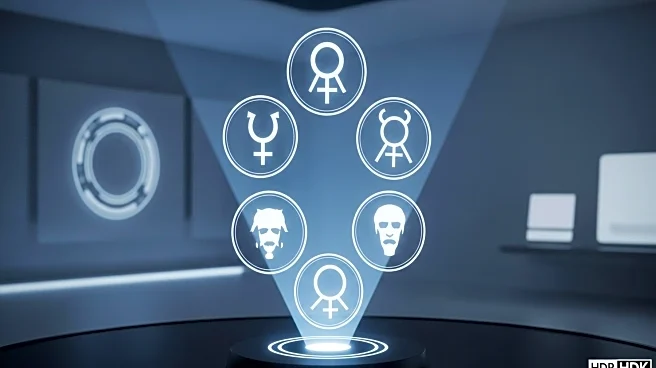What is the story about?
What's Happening?
OpenAI's Sora 2 video generator has sparked controversy by allowing the depiction of deceased celebrities in its creations. Despite measures to block public figures, the tool has been used to create videos featuring celebrities like Tupac Shakur and Bruce Lee. These videos, shared widely on social media, have raised concerns among fans and relatives of the deceased. OpenAI includes a watermark to prevent deception, but the use of deceased figures as props has been criticized for being insensitive.
Why It's Important?
The use of AI to manipulate images of deceased celebrities touches on legal and ethical issues surrounding posthumous rights. In the U.S., laws vary by state, with some protecting against unauthorized use of likenesses. The controversy highlights the need for clear guidelines on AI's role in media, balancing creative freedom with respect for individuals' rights. The emotional impact on families and fans underscores the importance of ethical considerations in AI development.
What's Next?
The debate may lead to calls for stricter regulations on AI-generated content, particularly concerning deceased individuals. OpenAI's approach to user consent and control over likenesses could serve as a model for future tools. Industry stakeholders may push for clearer legal frameworks to address the complexities of AI in media.
Beyond the Headlines
The situation raises broader questions about the intersection of technology and human dignity. As AI capabilities expand, society must grapple with the implications of digital resurrection and the potential commodification of personal identities.














